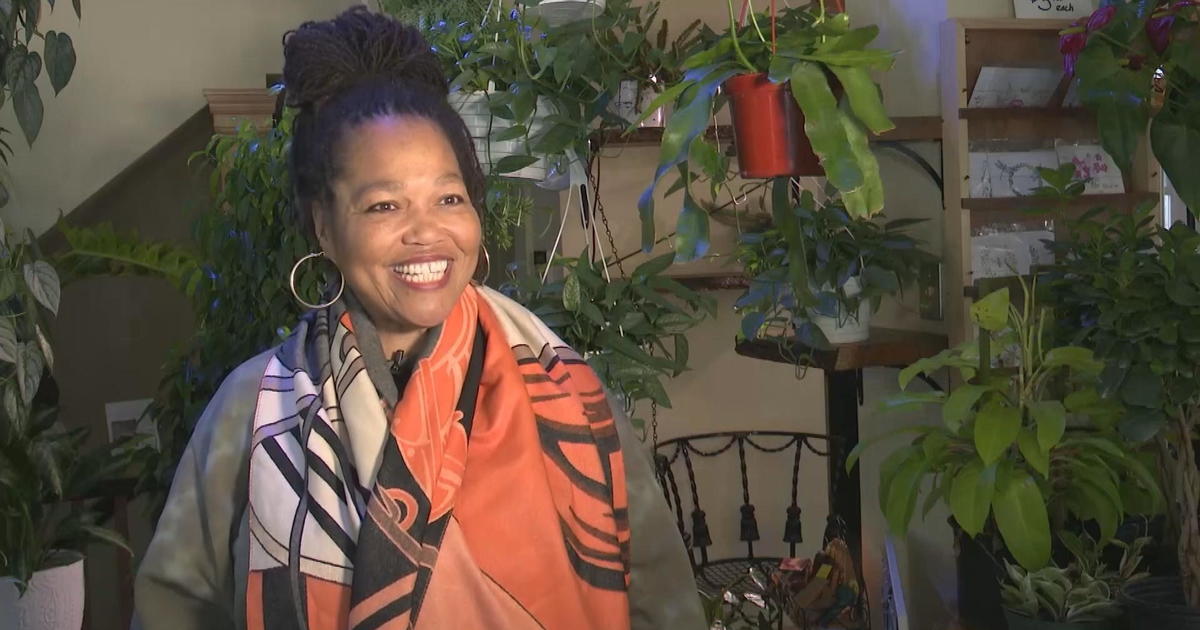Finance Expert Explains How Shopping Can Teach Children About Money
PHILADELPHIA (CBS) – Your trips to the supermarket, bank, and library may seem mundane, but they could have important financial lessons for your children.
You can do such errands in your sleep, but your kids have a lot to learn:
"Give them experience in all aspects of money: saving, spending, borrowing, and earning."
Linda Descano is president of Women & Co., a financial education service. She says to help your child head up a grocery store trip, from budgeting for food to shopping and counting out cash at the register:
"And it's also important to be clear that even though you're the adult, the parent, you don't get everything you want either. So if you are window shopping with your children and you see something, explain why you're not buying it that day either. That it's not just you're saying no to them. And no doesn't mean no forever. You can always say to a child: that is a great doll or game. Let's put it on your wish list: we're not going to buy it today, but we can put it on the list for tomorrow."
And she says let your kids make mistakes -- better now than when they have much larger consequences.
More tips from Descano:
-- Even board games can be a springboard for a basic lesson in real estate, taxes, and investing.
-- Our children take cues from us, so it's important that we lead by example. Saving at a local bank and taking our kids with us when we donate something are great ways to show them the importance of saving, donating, and investing.
-- Show them the results of their spending and saving. A great thing that we did growing up is to have a family fund that you can use to plan for a vacation or as special outing or even donating the money to a charity. It's a great way for the whole family to come together around a common goal.
-- Don't say things are OK when they're not, because kids can really sense when something isn't right. Clearly, you have to balance what you say versus giving too much information that creates fear or worry on the part of your kids. But it's important to talk honestly and explain why you may be scaling back on the spending. And be consistent with what you say and what you do.
-- When they're younger, give them an allowance: one-third toward saving, one-third toward spending, one-third toward giving. And then as they grow up, give them opportunities to borrow from you or do a cost-sharing. And as they get into their teen years, they could have a part-time job that maybe you match what they save or earn to plan for a bigger goal.
-- Don't forget to teach your children the gift of love. Make sure they also understand and really experience the value of non-monetary gifts of the heart, whether it's setting the table or doing a service for an elderly relative.
Reported By Ian Bush, KYW Newsradio



